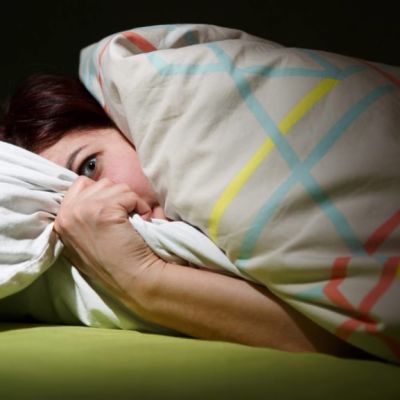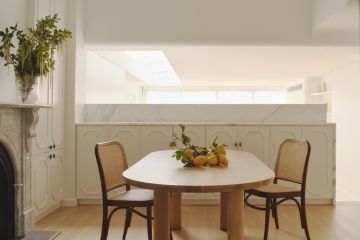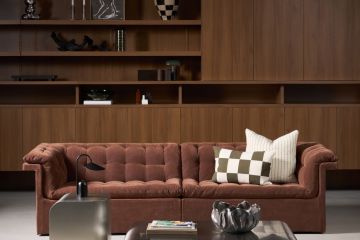Experts shed light on the reasons why we can't sleep
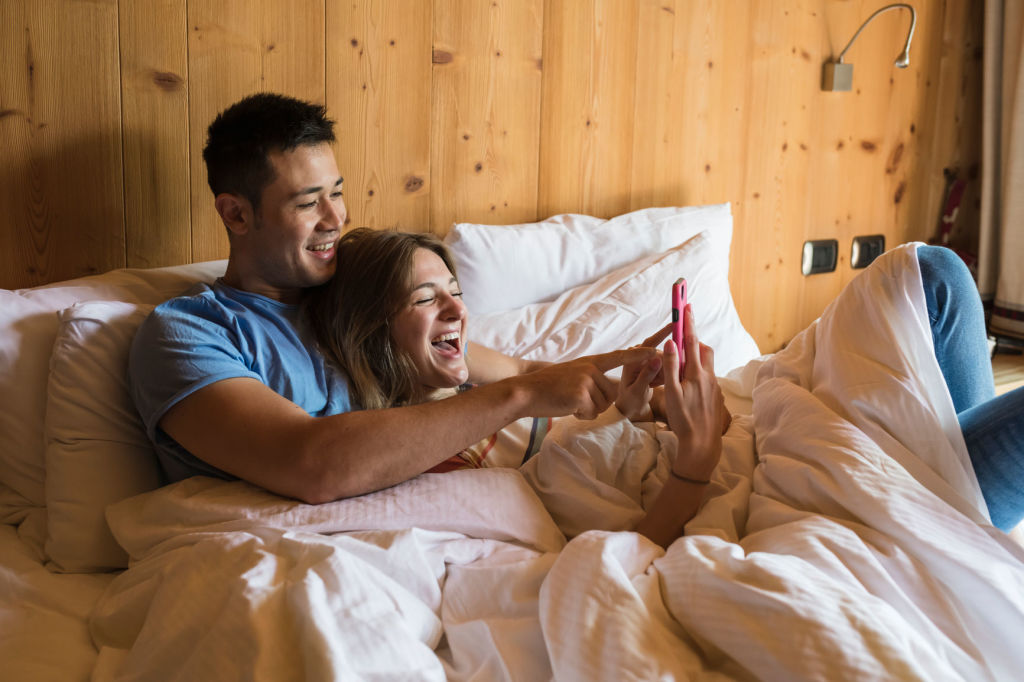
Many of us have an “I’ll sleep when I’m dead” mindset, but we could be sacrificing more than we know.
Experts say the fact that modern life lends itself to being switched on 24/7 is disturbing our sleep, and affecting health.
With so many temptations to stay up late – whether it’s television, computer screens or even cell phones – it’s difficult to get the seven to nine hours recommended.
Aside from allowing us to feel refreshed, sleep has been shown to have measurable health benefits in lowering risks for high blood pressure, obesity, diabetes, low immunity, cardiovascular disease and depression. A good night’s sleep improves memory consolidation and even reduces pain sensitivity.
Sleep specialist Jane Wrigglesworth says it’s now well understood that it’s not just staying up late that shortens and so negatively affects sleep, but also what we’re doing when we extend our bedtime. Science has given us a better understanding of the effects of artificial light on our physiology.
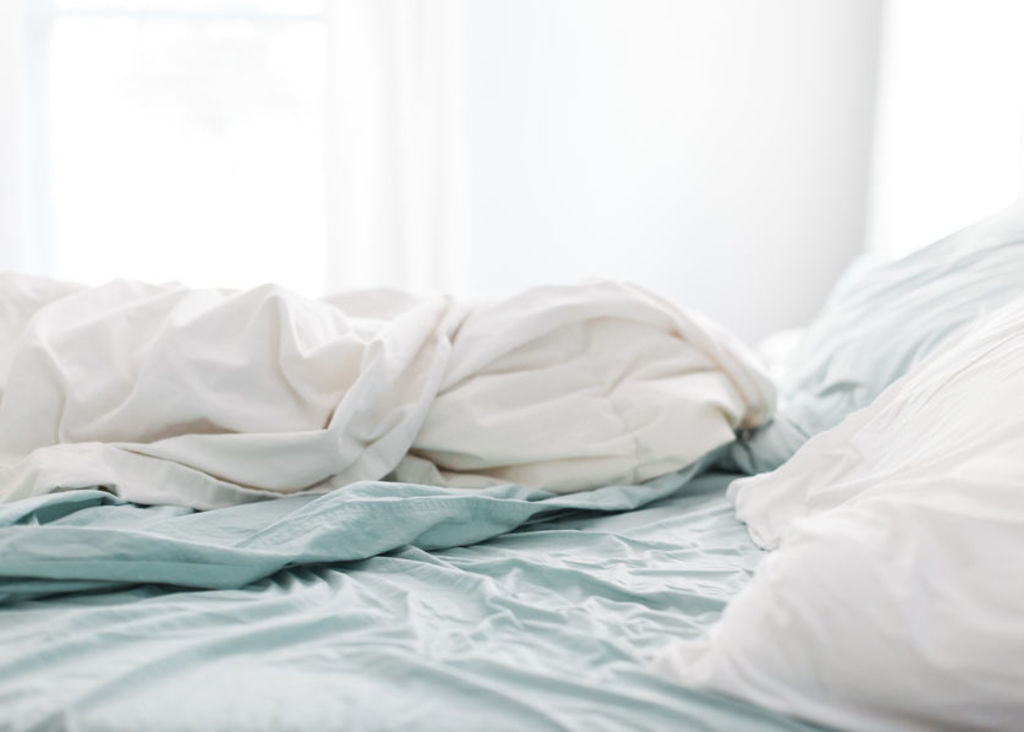
Blue light, in particular – such as that emanating from computers and phones – affects our secretion of the brain hormone melatonin. We need melatonin production ramped up at night to become sleepy, she says.
“What people tend to do is go off to bed and the last thing they do is look at emails on their cell phone or check their Facebook. But our retinas are particularly sensitive to blue light and it stimulates alertness,” Wrigglesworth says.
“Melatonin slows our metabolic function and lowers our body temperature. We need both of those to take place to initiate sleep.”
Wrigglesworth says it’s equally important to get exposure to blue light in the form of outside daylight, as this helps establish our sleep wake cycle too.
Neuroscience educator Nathan Wallis seconds both the importance of sleep and the fact that modern life does not lend itself well to good sleep.
“We know sleep is important for processing memories from throughout the day, but the really fascinating stuff is the different waves of sleep and how dreaming is your subconscious speaking to your conscious mind.”
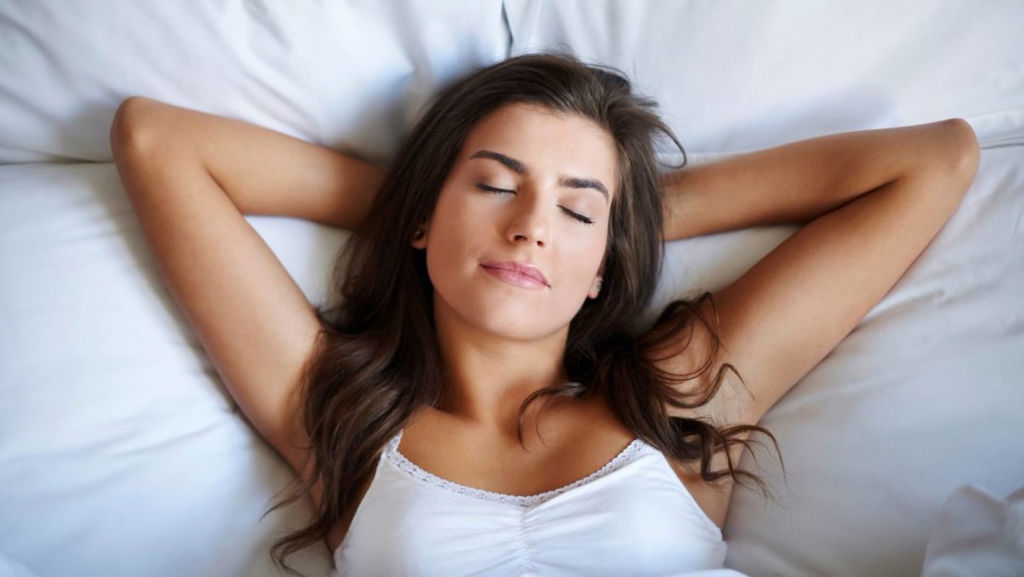
He says many of us aren’t sleeping enough because we live in a high-paced world.
“In modern life, with iPads and instant messaging and so on, your brain is on hyper-arousal. Two thousand years ago, life was not so fast.
Sleep is particularly critical to teenagers, who are often at risk of sacrificing it to social media/device use. Wallis says when his own children were teenagers, he removed their cellphones at night.
“We know that coming from a home where parents still regulate your bedtime is a research-based protective factor against teen suicide.”
For young children, he says it’s important they sleep in a dark room. “If a child’s having trouble sleeping, we should blacken the room out to get the highest quality sleep.”
Wallis recommends practices such as mindfulness, meditation and yoga, which he says should no longer be considered “airy-fairy”.
“Our ancestors didn’t have to do yoga but we do. Ten years ago, there wasn’t evidence-based research supporting these things, but now there’s masses of it.”
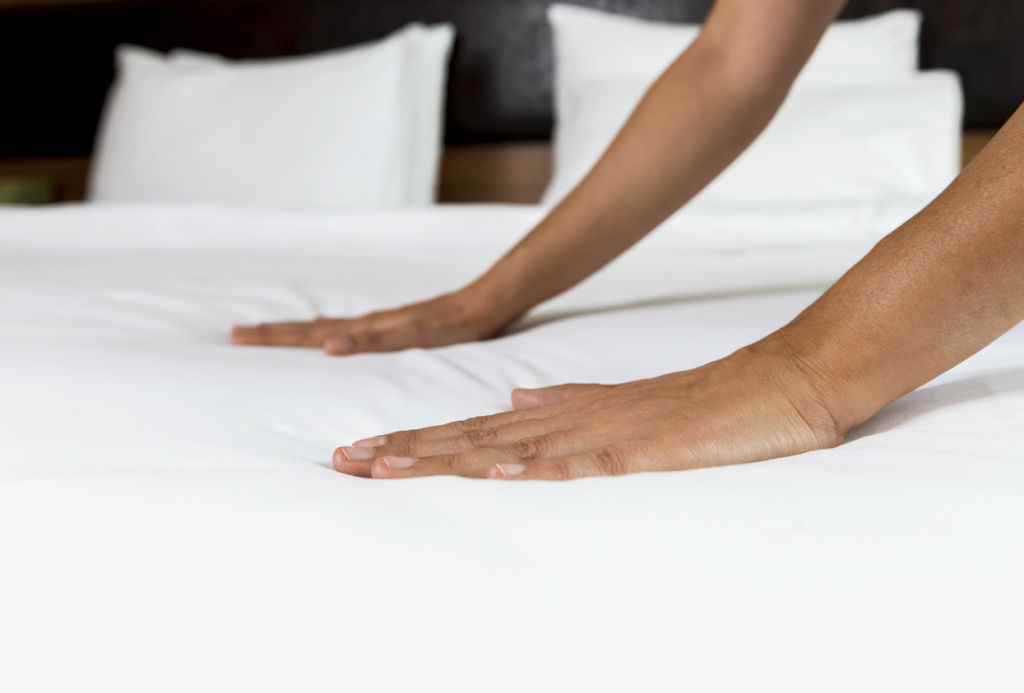
As a minimum, Wrigglesworth recommends a wind-down routine before going to bed that should include not looking at screens for at least an hour before sleep. “Two is better,” she says. But: “E
One hack that works is a blue light filter. She recommends free downloads for devices, such as f.lux.
Other tips to counter the effects of light on our sleep:
- Go to bed earlier, soon after it’s dark outside
Keep electronics usage to a minimum – or completely eliminate it – after dark
Keep your bedroom as dark as possible; consider black-out curtains, particularly for children
Install F.lux on your computer or tablet to cut down on blue light emissions
This story originally appeared on stuff.co.nz
We thought you might like
States
Capital Cities
Capital Cities - Rentals
Popular Areas
Allhomes
More
